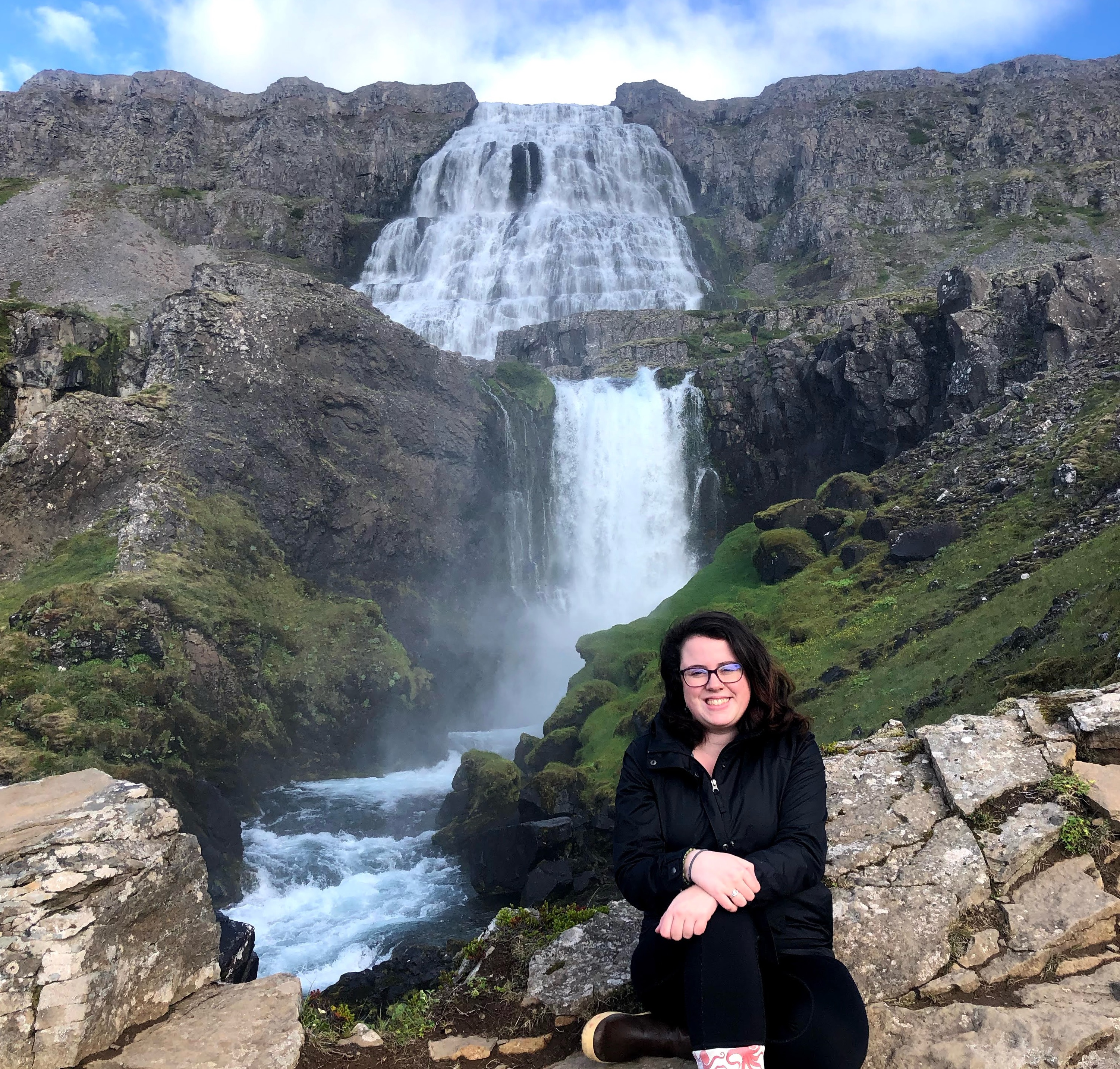Meistaraprófsvörn: A Site Suitability Analysis for Regenerative Ocean Farming in Long Island Sound
Á næstunni fara fram varnir meistaranema við Háskólasetur Vestfjarða. Viðfangsefnin eru fjölbreytt og áhugaverð og eru nemendurnir frá bæði sjávarbyggðarfræði og haf-og strandsvæðastjórnun. Varnirnar eru öllum aðgengilegar í gegnum hlekki sem finna má hér fyrir neðan en einnig er öllum velkomið að mæta á varnirnar sem fram fara í Háskólasetri Vestfjarða, Ísafirði.

Nemandi: Mallorie Iozzo
Tími: Þriðjudagur 10. september kl 13:00
Titill ritgerðar: A Site Suitability Analysis for Regenerative Ocean Farming in Long Island Sound
Námsleið: Haf- og Strandsvæðastjórnun
Hlekkur á zoom: https://eu01web.zoom.us/j/67988684832
Útdráttur: Regenerative, or 3D Ocean farming has emerged as an aquaculture method that prioritizes environmental remediation by way of efficiency. This entails both mitigating the ecological effects of global climate change while maximizing economic prosperity. Within the Long Island Sound, an area along the coast of the Northeastern United States, there are several aquaculture operations with the potential to incorporate Regenerative Ocean farming principals and methods. Within the context of Global climate change, multiple organizations including the United Nations, the Intergovernmental Panel on Climate Change, and the United States National Oceanographic and Atmospheric Administration have issued a call to increase efforts surrounding sustainable aquaculture practices. Long Island Sound is an intersection of potentialities; the potential for marked impacts resulting from climate change and the potential of an expansive ocean-based economy or “Blue Economy.” This study aims to examine the factors that determine the suitability of a given area for Regenerative Ocean farming in the current context of global climate change. Geospatial analysis was conducted using QGIS to develop various sub models that inform the major limitations to aquaculture in the area. For the development of the sub models, target species for co-cultivation in the Long Island Sound were identified during a review of the literature. This put L. saccharina, U. lactua, and C. Virginica as the target organisms. Species selection was based upon their ecological compatibility with the typical environmental conditions found in Long Island Sound and gear required to develop a Regenerative Ocean farming operation. To capture climate change in the model, the IPCC- identified Shared Socioeconomic Pathway 2 was used to generate the parameter changes to the model. This illustrates the restrictions climate change may pose to Regenerative Ocean farming operations. Finally, a series of recommendations based on Multi-Criteria Decision Analysis were provided based on the maps generated from the analysis. Given the SSP2 scenario, the viability of commonly cultured seaweed species is impaired. This study reveals the potential extension of Site Suitability Analysis for Marine Spatial Planning. Additionally, this provides a data-driven model for furthering Blue Economy activities/development. The use of Regenerative Ocean farming will provide potential climate change mitigation in an area deemed susceptible to both ecological and economic impacts.
Yfirlit yfir meistaraprófsvarnir á þessu tímabili:
| Dags | Tími | Nemandi | Námsleið | Titil meistaraverkefnis | Zoom linkur |
|---|---|---|---|---|---|
| 3 sept | 15:00 | Emma Dexter | CRD | Evaluating Place Attachment, Climate Change Awareness, and Risk Assessment: A Nationwide Study of Iceland in Times of Escalating Natural Hazard Risk | https://eu01web.zoom.us/j/68684619097 |
| 4 sept | 13:00 | Matthew Russell | CMM | Evaluating and Addressing Climate Change Related Threats to Atlantic Salmon (Salmo salar) Habitat in the East River, Pictou County, Nova Scotia | https://eu01web.zoom.us/j/62428026881 |
| 6 sept | 9:00 | Gaëlle Messmer | CMM | Going forward: A look at small Icelandic municipalities and waste management strategies | https://eu01web.zoom.us/j/63109995907 |
| 9 sept | 13:00 | Julius Barth | CRD | Energy Transition in Nova Scotia: Lessons from Danish Experiences Developing an Offshore Wind Industry | https://eu01web.zoom.us/j/64895799487 |
| 10 sept | 9:30 | Ricarda Neehuis | CRD | The Westfjords Way: Evaluating Floating Home Implementation in Ísafjörður | https://eu01web.zoom.us/j/67507631213 |
| 10 sept | 13:00 | Mallorie Iozzo | CMM | A Site Suitability Analysis for Regenerative Ocean Farming in Long Island Sound | https://eu01web.zoom.us/j/67988684832 |
| 11 sept | 9:30 | Louise Wittwer | CRD | Plastic vs. Policy: A Plastic Pollution Policy Analysis in the Arctic | https://eu01web.zoom.us/j/68018684579 |
| 11 sept | 13:00 | Orla Mallon | CMM | Exploring Benthic Biodiversity using Underwater Imagery in Melville Bay, Greenland | https://eu01web.zoom.us/j/62528427919 |
| 12 sept | 9:00 | Elisa Janssen | CMM | Patterns of co – occurrence of parasites in Eastern Baltic cod stocks within different depth strata | https://eu01web.zoom.us/j/61157747546 |
| 12 sept | 14:00 | Sophie Martell | CMM | Human-Wildlife Conflict in Iberian Waters: Orcinus orca and Vessels’ Encounters from a Socio-Ecological Systems Approach | https://eu01web.zoom.us/j/69084877127 |
| 13 sept | 8:30 | Ela Keegan | CRD | Coastal Heritage and How Resilience Can Manifest in The Face Of Change: A Case Study Using Social Arts Practices in Rakiura, Aoeatora/New Zealand. | https://eu01web.zoom.us/j/61113812289 |
| 16 sept | 9:30 | Rozalie Rasovzka | CRD | Women and northern paganism: Feminine aspect and roles of women in contemporary pagan organization Ásatrú in Iceland | https://eu01web.zoom.us/j/63043654968 |
| 16 sept | 13:00 | Lara Kumm | CMM | Coastal Classification of Jones Sound in the Canadian High Arctic | https://eu01web.zoom.us/j/62135985443 |